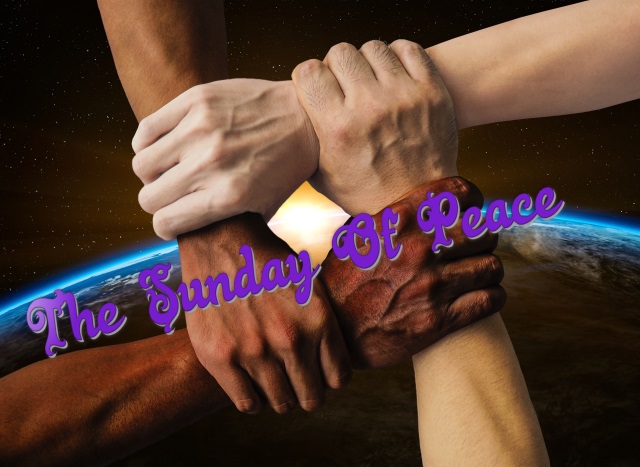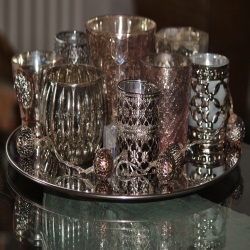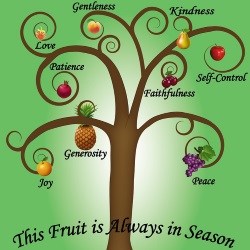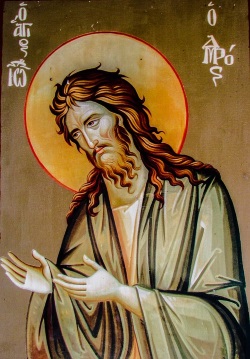Some links may be affiliate links. We get money if you buy something or take an action after clicking one of these links on our site.
Christmas All The Time is a participant in the Amazon Services LLC Associates Program, an affiliate advertising program designed to provide a means for sites to earn advertising fees by advertising and linking to Amazon.com. As an Amazon Associate, I earn from qualifying purchases.

Sunday of Peace
Peace is something we all seek, but so few know how to attain it. Is peace just the absence of war or is really a whole lot more?
This Sunday we’re looking at the Peace of Advent and what that really means to people preparing for the spiritual celebration of Christmas.
Cleaning Up
1Behold, I will send my messenger, and he shall prepare the way before me: and the Lord, whom ye seek, shall suddenly come to his temple, even the messenger of the covenant, whom ye delight in: behold, he shall come, saith the Lord of hosts.
2But who may abide the day of his coming? and who shall stand when he appeareth? for he is like a refiner’s fire, and like fullers’ soap:
3And he shall sit as a refiner and purifier of silver: and he shall purify the sons of Levi, and purge them as gold and silver, that they may offer unto the Lord an offering in righteousness.
4Then shall the offering of Judah and Jerusalem be pleasant unto the Lord, as in the days of old, and as in former years.
~Malachi 3:1-4
Last week, the Prophet Jeremiah had foretold the destruction of Judah that was the result of their departure from a steadfast love with God. Malachi was a prophet who lived after the restoration of the Kingdom of Judah and the Temple in Jerusalem had been rebuilt.
Even so, things weren’t quite as they should be and Malachi served as a messenger to put them on notice that God’s messenger was coming to put the finishing touches on things so the people could be reunited in their unique covenant with God.
 They were trying and God saw that they were doing their best, but the message was still a little garbled after all the turmoil of the previous period. All they needed was a chief custodian to put some spit and polish on the whole affair.
They were trying and God saw that they were doing their best, but the message was still a little garbled after all the turmoil of the previous period. All they needed was a chief custodian to put some spit and polish on the whole affair.
Of course, that’s just figurative. What needed to be cleaned up was behavior and the motivation behind it. When you purify the vessel, the contents cannot be tainted. Likewise, you don’t want to keep Holy Water in an old paint can. Cleanliness is next to godliness, as they say.
Redemption
68Blessed be the Lord God of Israel; for he hath visited and redeemed his people,
69And hath raised up an horn of salvation for us in the house of his servant David;
70As he spake by the mouth of his holy prophets, which have been since the world began:
71That we should be saved from our enemies, and from the hand of all that hate us;
72To perform the mercy promised to our fathers, and to remember his holy covenant;
73The oath which he sware to our father Abraham,
74That he would grant unto us, that we being delivered out of the hand of our enemies might serve him without fear,
75In holiness and righteousness before him, all the days of our life.
76And thou, child, shalt be called the prophet of the Highest: for thou shalt go before the face of the Lord to prepare his ways;
77To give knowledge of salvation unto his people by the remission of their sins,
78Through the tender mercy of our God; whereby the dayspring from on high hath visited us,
79To give light to them that sit in darkness and in the shadow of death, to guide our feet into the way of peace.
~Luke 1:68-79

We see here that in the view of Saint Luke, God has done more than simply come in and cleaned up the place. Malachi spoke of a messenger who was sent to help the people of Israel clean up their act.
Having eventually done so, God was finally ready to return among them to fully restore the relationship they had in olden days. He came to redeem the relationship their ancestors had tarnished so badly. This time, He was making the sacrifice to set matters to right.
The matter being redeemed was the “oath which he sware to our father Abraham” after these many centuries. The “Law” had its time and place and ultimately its failings, but now the “Word” was the final arbiter of the reconciliation of God with mankind.
Fruits Of Righteousness
3I thank my God upon every remembrance of you,
4Always in every prayer of mine for you all making request with joy,
5For your fellowship in the gospel from the first day until now;
6Being confident of this very thing, that he which hath begun a good work in you will perform it until the day of Jesus Christ:
7Even as it is meet for me to think this of you all, because I have you in my heart; inasmuch as both in my bonds, and in the defence and confirmation of the gospel, ye all are partakers of my grace.
8For God is my record, how greatly I long after you all in the bowels of Jesus Christ.
9And this I pray, that your love may abound yet more and more in knowledge and in all judgment;
10That ye may approve things that are excellent; that ye may be sincere and without offence till the day of Christ.
11Being filled with the fruits of righteousness, which are by Jesus Christ, unto the glory and praise of God.
~Philippians 1:3-11
 The Apostle Paul was writing to the first Christian community in Europe about ten years after he established the church there in Filippoi, Greece.
The Apostle Paul was writing to the first Christian community in Europe about ten years after he established the church there in Filippoi, Greece.
Like a prophet in olden times, Paul is extolling the virtues of חֶסֶד (chesed) or ἀγάπη (agapē) to the Christians there as the wellspring of what will cause the Fruits of Righteousness to blossom and mature within their hearts and minds.
Made Smooth
1Now in the fifteenth year of the reign of Tiberius Caesar, Pontius Pilate being governor of Judaea, and Herod being tetrarch of Galilee, and his brother Philip tetrarch of Ituraea and of the region of Trachonitis, and Lysanias the tetrarch of Abilene,
2Annas and Caiaphas being the high priests, the word of God came unto John the son of Zacharias in the wilderness.
3And he came into all the country about Jordan, preaching the baptism of repentance for the remission of sins;
4As it is written in the book of the words of Esaias the prophet, saying, The voice of one crying in the wilderness, Prepare ye the way of the Lord, make his paths straight.
5Every valley shall be filled, and every mountain and hill shall be brought low; and the crooked shall be made straight, and the rough ways shall be made smooth;
6And all flesh shall see the salvation of God.
~Luke 3:1-6
Here’s one of the greatest paradoxes in the story of salvation. There was an establishment priesthood who were seemingly adhering strictly to the “Law” in such a way as to merit the final intervention from God.
 However, rather than rewarding them directly for their piety as described in the passage from Malachi above, God throws a wicked curveball. Saying who the big-name leaders of the time were, the “word of God” bats high to left field (as it were). John the Baptist was hardly the poster-child for what we might consider “peace“.
However, rather than rewarding them directly for their piety as described in the passage from Malachi above, God throws a wicked curveball. Saying who the big-name leaders of the time were, the “word of God” bats high to left field (as it were). John the Baptist was hardly the poster-child for what we might consider “peace“.
He didn’t conduct himself peacefully. He was loud and annoying like a prophet ought to be. He got under people’s skin and stamped gratuitously on their last nerves. He made waves. He made enemies. He made the religious and political leaders angry. He was a certifiable pain in the backside and it cost him his head.
That being said, what he preached at the behest of the word of God was exactly what God desired. It was time to move past the priesthood and come into a personal covenant with every willing soul as he had with Abraham. He was compelled to preach of a baptism of repentance and continuous effort to smooth out all the rough spots on the path to God’s forgiveness and favor.
The inner peace that comes from maintaining a steadfast love with God and our fellow people helps matters far more than the artificial peace constructed by people who are still wrangling to win the last conflict or scheming to win the next one.
 The prophets, apostles and saints definitely show us that even with God’s loving peace in our heart, we can still get into serious conflict with those who are doing wrong.
The prophets, apostles and saints definitely show us that even with God’s loving peace in our heart, we can still get into serious conflict with those who are doing wrong.
The point is not that you’re in conflict with people who are doing wrong, but that they are in conflict with the abundant love of God and sometimes you get in the way of their frustrated anger.
They’re not thinking straight, so they don’t know not to shoot the messenger.
The PEACE of Advent isn’t really peace as we think of it. The PEACE of Advent is our direct relationship with God plowed smooth and letting that steadfast love shine through you as an example to others.
2 Replies to “Sunday of Peace”
Comments are closed.